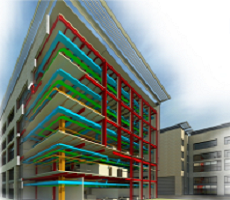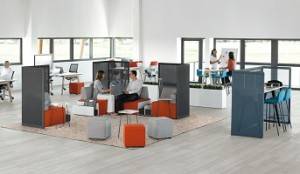April 25, 2014
Managing stress is employers’ number one health and wellbeing priority
 Being ‘stressed’ can describe a whole range of conditions; from having a particularly demanding working day to feeling cripplingly anxious and depressed. Although there are still an awful lot of managers out there who dismiss the term as a shirker’s excuse, it’s a condition that must be taken seriously. Stress accounts for a massive 40 per cent of all workplace absences, but it is also the underlying cause of many other conditions that lead to staff staying off work. This is why the 40 per cent of employers that now routinely record the secondary cause of absence alongside the primary stated reason for long-term sick leave are realising the huge impact mental health plays from the outset. It’s behind the growing recognition on the need for early intervention strategies to help support people to manage these conditions and encourage them to maintain a work/life balance. (more…)
Being ‘stressed’ can describe a whole range of conditions; from having a particularly demanding working day to feeling cripplingly anxious and depressed. Although there are still an awful lot of managers out there who dismiss the term as a shirker’s excuse, it’s a condition that must be taken seriously. Stress accounts for a massive 40 per cent of all workplace absences, but it is also the underlying cause of many other conditions that lead to staff staying off work. This is why the 40 per cent of employers that now routinely record the secondary cause of absence alongside the primary stated reason for long-term sick leave are realising the huge impact mental health plays from the outset. It’s behind the growing recognition on the need for early intervention strategies to help support people to manage these conditions and encourage them to maintain a work/life balance. (more…)

























April 22, 2014
On Green Earth Day, a reminder of how we struggle to understand ‘green’
by Mark Eltringham • Comment, Environment
(more…)